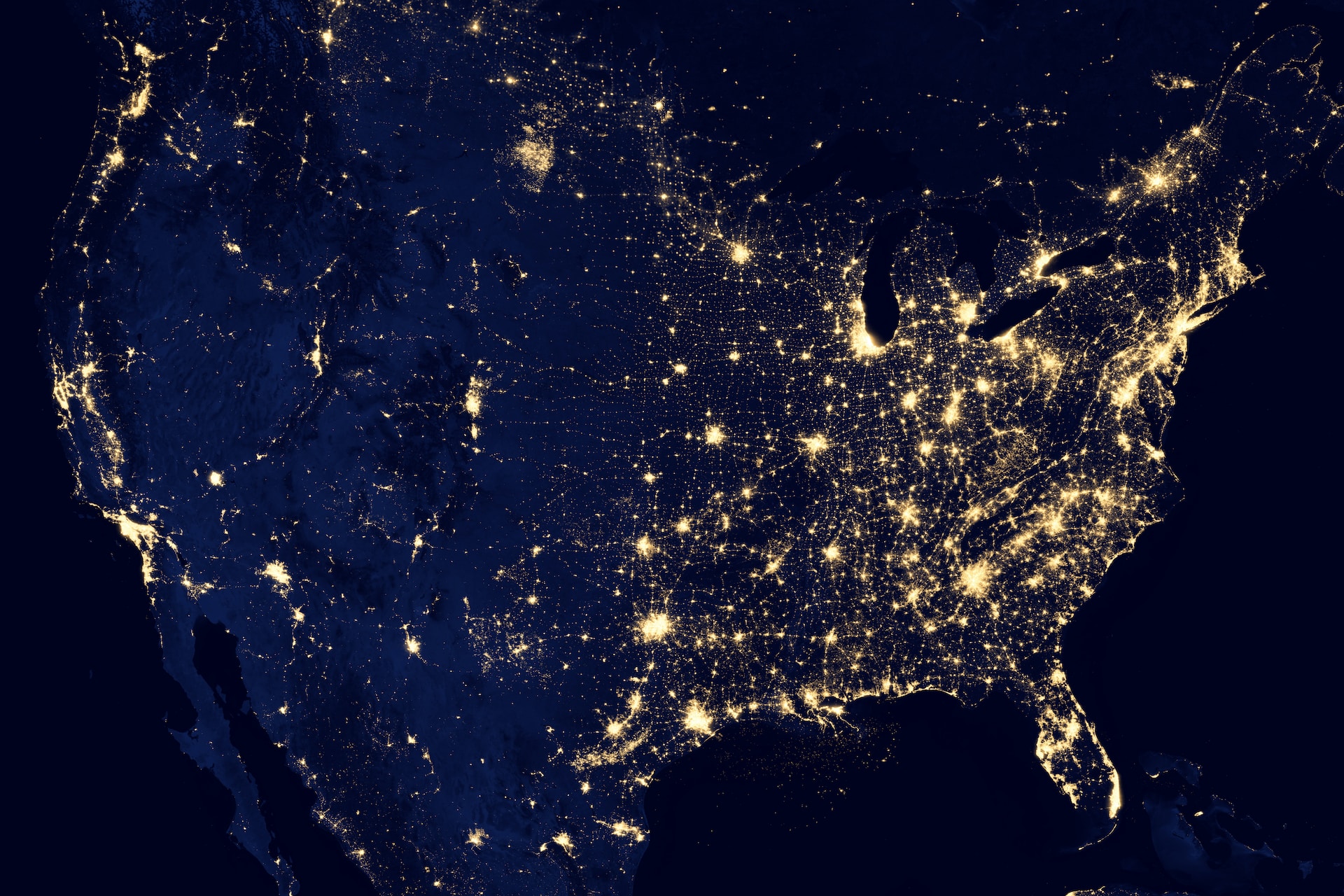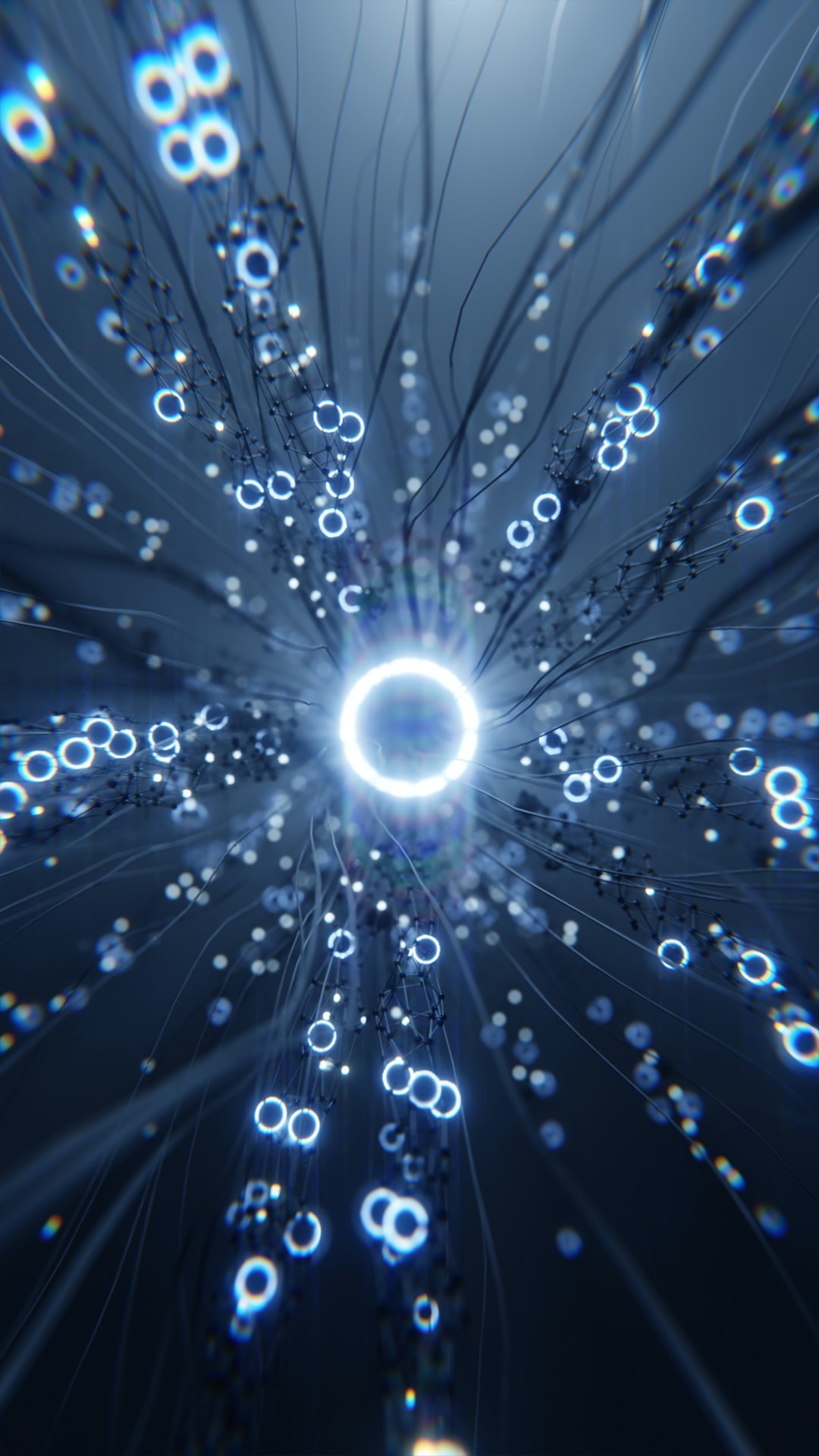An important number of the Institute’s researchers are carrying out their own research on the identification and description of the general principles and key mechanisms that govern complex systems. This includes, on the one hand, the study of theoretical aspects within the framework of network science and the modeling of the basic agents that make up a system and the study of emerging behaviors through their interactions. On the other hand, the analysis of many complex systems often involves processing a large amount of information, which requires the continuous development of tools in the context of so-called “Big Data”, with clear applications in the context of the Institute. Finally, a large number of complex systems are intrinsically dynamic , that is, they evolve over time. Problems ranging from fluid dynamics and plasticity in neural networks and metabolic networks to the dynamics of social networks, all require the development of common tools. This is a fundamental aspect that focuses the research activities carried out by the members of the Institute. Not to mention the field of Statistical Physics, from which most of the physics researchers at the Institute come, which still has fundamental problems to be solved.
Statistical Physics
Statistical Physics techniques are at the basis of our approach to the study of complex systems. Statistical Physics uses the methods of probability theory and statistics to bridge the gap between the microscopic properties of individual atoms and molecules and the macroscopic or bulk properties of materials.
Networks
Network Science focuses on the study of interactions as graph representations of complex systems. Complex networks display patterns of connection that are neither purely regular nor totally random, and are common to many real systems in differents domains. These non-trivial topological features explain many of the emergent phenomena observed in complex systems.
Dynamical Systems
Complex systems are inherently dynamic and both properties and processes change over time. Dynamical systems theory provides a mathematical framework for treating time dependence in complex systems, typically involving continuous time and stochastic or random events.
Data Science
The study of real complex systems requires the curation, structuring, filtering, analysis, and visualization of large amounts of empirical and experimental data. The main goal is to extract knowledge from data by combining a data-driven approach, based on different statistical, data mining, and machine learning techniques, with analytic and computational methodologies



